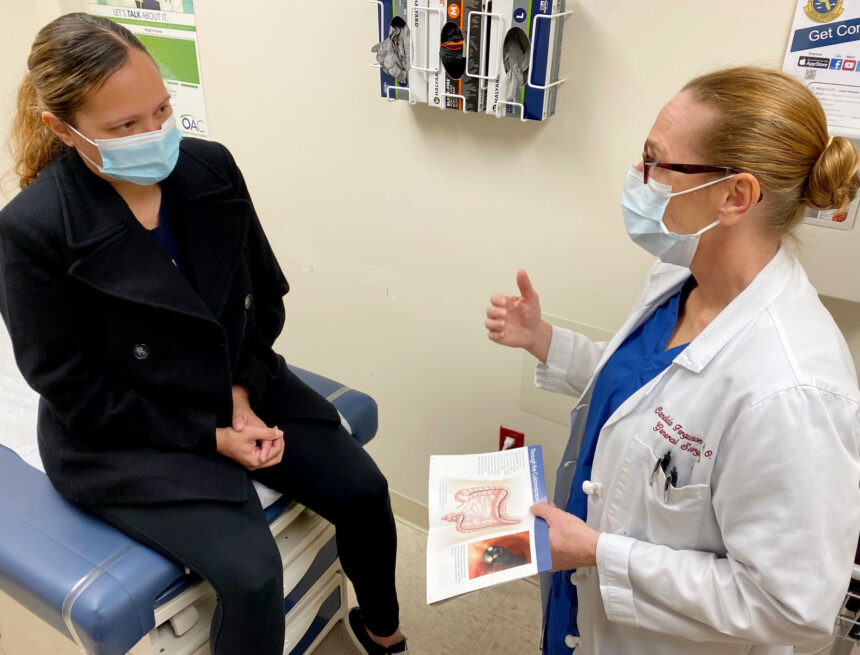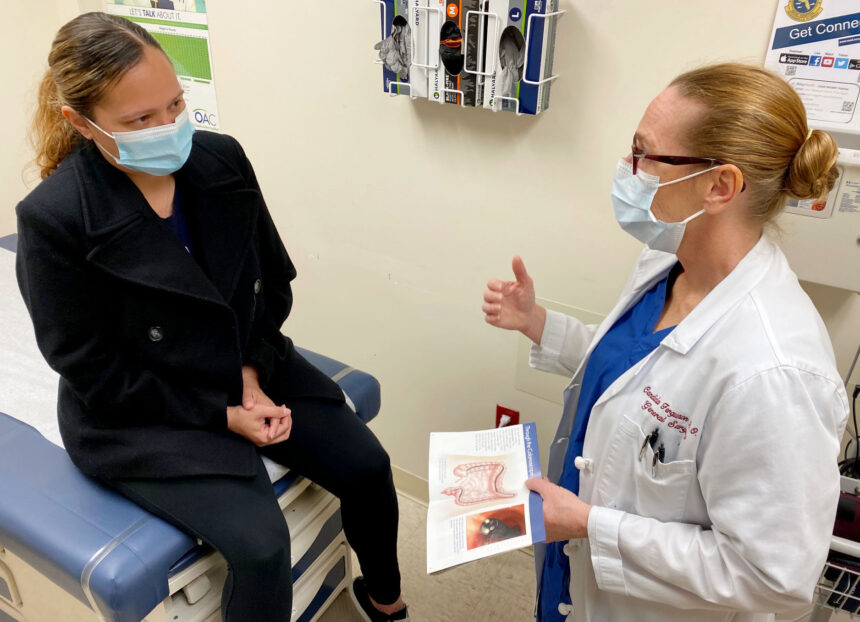The conventional wisdom that colorectal cancer mostly affects the elderly has been called into question by recent research. Rather, during the past 20 years, it has revealed an astonishing increase in instances among kids, teens, and young adults. The results, which were presented at Digestive Disease Week, a distinguished assembly of gastroenterology specialists, show a startling 500% rise in colon cancer diagnoses among youngsters between the ages of 10 and 14 between 1999 and 2020. In a similar vein, young adults between the ages of 20 and 24 witnessed an increase of 185%, while teenagers between the ages of 15 and 19 had an increase of 33%.
The University of Missouri, Kansas City’s Dr. Islam Mohamed, the lead researcher and an internal medicine resident, acknowledges that these results were surprising given the general perception that colorectal cancer primarily affects older populations. Even with these concerning percentage changes, Dr. Mohamed notes that the real number of pediatric cases is still rather small—nearly 90% of colorectal cancer diagnoses still occur in people 50 years of age and older.
Through the analysis of Centers for Disease Control and Prevention (CDC) statistics, the study highlights the slight but alarming rise in cases per 100,000 people in younger age groups. For example, the number of cases increased from 0.1 to 0.6 among children aged 10 to 14, from 0.3 to 1.3 among teens aged 15 to 18, and from 0.7 to 2.0 among young people aged 20 to 24.
While these percentages may not seem like much, they add up to hundreds of thousands of cases per year among children and young adults—still a far smaller number than other common diseases in similar age ranges, like brain tumors and leukemia.
Health authorities are concerned about the increasing trend of early-onset colorectal cancer. The Colorectal Cancer Alliance’s main medical consultant, Dr. John Marshall, has noticed a significant change in his clinical practice: 50% of his patients are now under 50, a trend that is being seen both nationally and internationally.



The U.S. Preventive Services Task Force changed the recommended screening age for average-risk persons from 50 to 45 in 2021 in response to the increased prevalence among those under 50.
The low frequency of cases means that routine colonoscopy screenings for kids and teenagers aren’t yet necessary, but Dr. Cathy Eng, director of the Young Adults Cancers Program at Vanderbilt-Ingram Cancer Center, stresses the importance of early detection by identifying symptoms like diarrhea, anemia, abdominal pain, and rectal bleeding.
The precise reasons for the rise in colorectal cancer with an early beginning are yet unknown, despite continued investigation. There may be a role for variables like lifestyle choices, environmental effects, and family history. Furthermore, the increase isn’t limited to younger people; middle-aged adults are also at higher risk.
The need to solve this mystery quickly highlights the need for ongoing research and education in order to address the changing face of colorectal cancer that is harming younger people.



Leave a Reply